Joy Harjo, of the Muscogee Creek Nation, Poet Laureate of the United States, holds within her name, a message. In Mvskoke, her tribal language, Harjo means “so brave, you’re crazy.” Rooted in the stories, perspectives, and blessings of her ancestors, along with lived history of the violent oppression of her people, this prolific poet, musician & performer has offered so much to the world. She is a wonder, true to her name.
Her particular perspective is one so needed in tumultuous times such as the ones we are living through, where courage is needed on a moment to moment basis, in ways big and small, personal and collective.
Harjo’s bravery to share her voice over and over again for decades and decades, come what may, has lit a fire in so many hearts.
There is a poem of hers called “I Give You Back”, in which she speaks directly to her fear, and inadvertently gives teachings on one of the most essential keys to unlocking courage: facing fear and consciously, thoroughly, changing one’s relationship to it.
Let’s walk through this poem, bit by bit, and see what we can learn:
“I release you, my beautiful and terrible
fear. I release you. You were my beloved
and hated twin, but now, I don’t know you
as myself. I release you with all the
pain I would know at the death of
my children.
You are not my blood anymore.”
Here, Harjo reveals how her fear shows up as a kind of twin self, which seems so important to name, as often our fears sound so close to our own voice that we can mistake the sound, the impulse, as our truth. She expresses the extraordinary pain of releasing and disowning this beautiful and terrible twin self, her fear. I’m sure many of us can relate as we can all seek a painful comfort in what is familiar, no mater how much it hurts.
“I give you back to the soldiers
who burned down my home, beheaded my children,
raped and sodomized my brothers and sisters.
I give you back to those who stole the
food from our plates when we were starving.
I release you, fear, because you hold
these scenes in front of me and I was born
with eyes that can never close.
I release you
I release you
I release you
I release you”
In a powerful declaration, she sends her fear back to where it came from: the soldiers that desecrated her people and their sacred land. I wonder where, if asked, those soldiers would send their fear back to? I wonder how far the chain of fear goes back? I wonder: where is the origin?
She goes on to state that her fear plays out these scenes of horrific ancestral memories, a real predicament for her because she was born with eyes that can never close. The fear has been able to turn her great gift of vision into a kind of hell. So, she prayerfully, and powerfully, repeats: I release you over and over and over again.
“I am not afraid to be angry.
I am not afraid to rejoice.
I am not afraid to be black.
I am not afraid to be white.
I am not afraid to be hungry.
I am not afraid to be full.
I am not afraid to be hated.
I am not afraid to be loved.
to be loved, to be loved, fear.
Oh, you have choked me, but I gave you the leash.
You have gutted me but I gave you the knife.
You have devoured me, but I laid myself across the fire.”
She tells fear that she is no longer afraid to be, to be, to be, where she is at, no matter what. Nor is she afraid to be hated or to be loved (especially to be loved). She names herself as an accomplice to the terror the fear has put her through.
“I take myself back, fear.
You are not my shadow any longer.
I won’t hold you in my hands.
You can’t live in my eyes, my ears, my voice
my belly, or in my heart my heart
my heart my heart”
Here, Joy Harjo offers an exquisite expression of boundaries, crystal clear and full-bodied. The words here act was a purification of her whole being. (It occurs to me that this would make a beautiful prayer or chant
for ritual.)
“But come here, fear
I am alive and you are so afraid
of dying.”
Here now, she closes boldly, directly, courageously, and fully alive as she mirrors fear’s fear: dying. Checkmate.
Also, standing ovation!
How fortunate we are to be able to learn from this wise elder. I will say it again: her poetry contains teachings and ideas for these times and we are blessed that she is still creating and sharing her crazy brave voice.
You can find this poem and many others in her collection, How We Became Human, and also, She Has Some Horses.
YOUR TURN
In the comments, and/or in the privacy of your own heart or journal, please answer:
Do you relate with Joy Harjo’s poem and process around fear?
How are you relating to fear and courage these days?
Can’t wait to read ‘em. ♥️
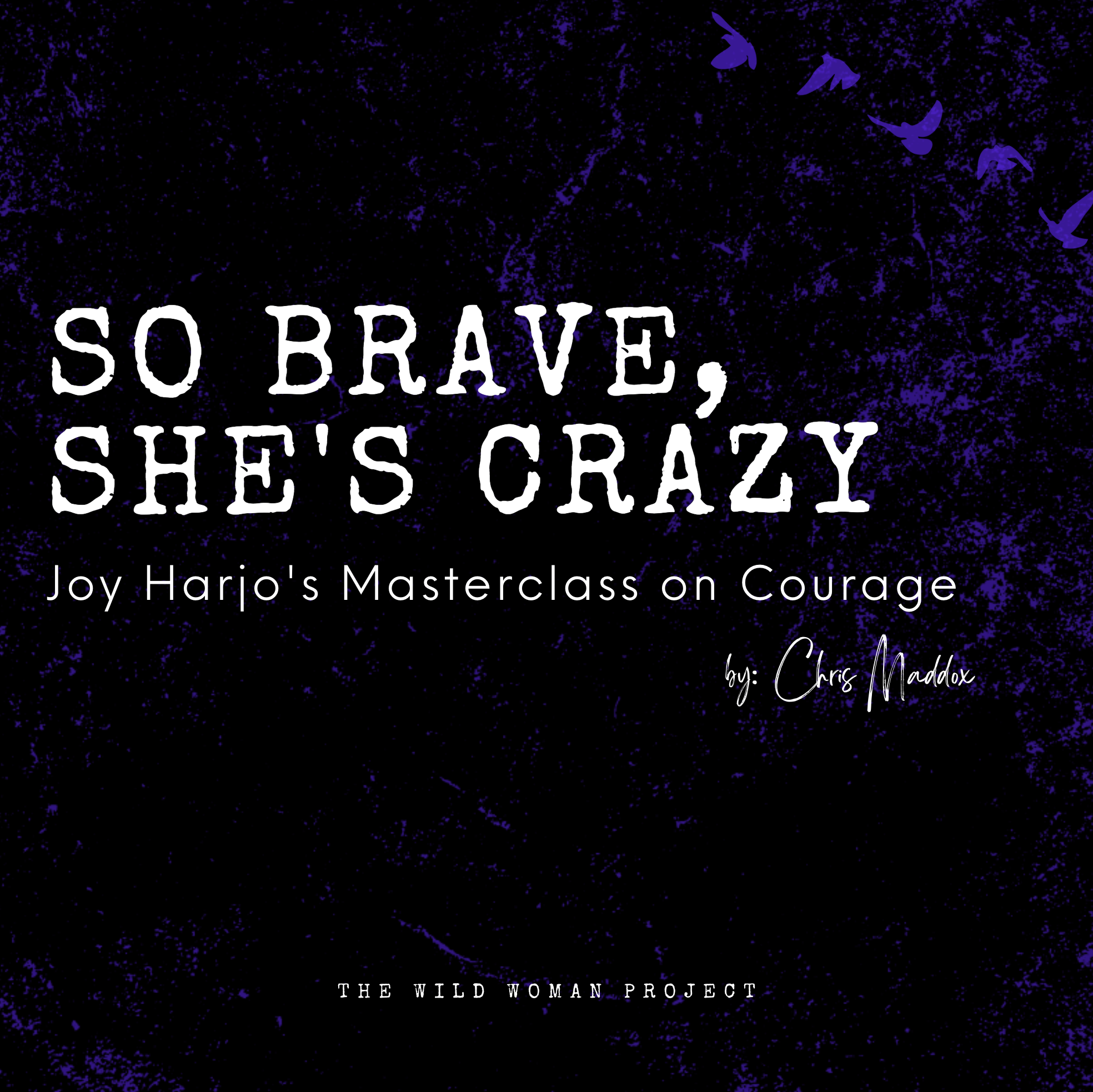
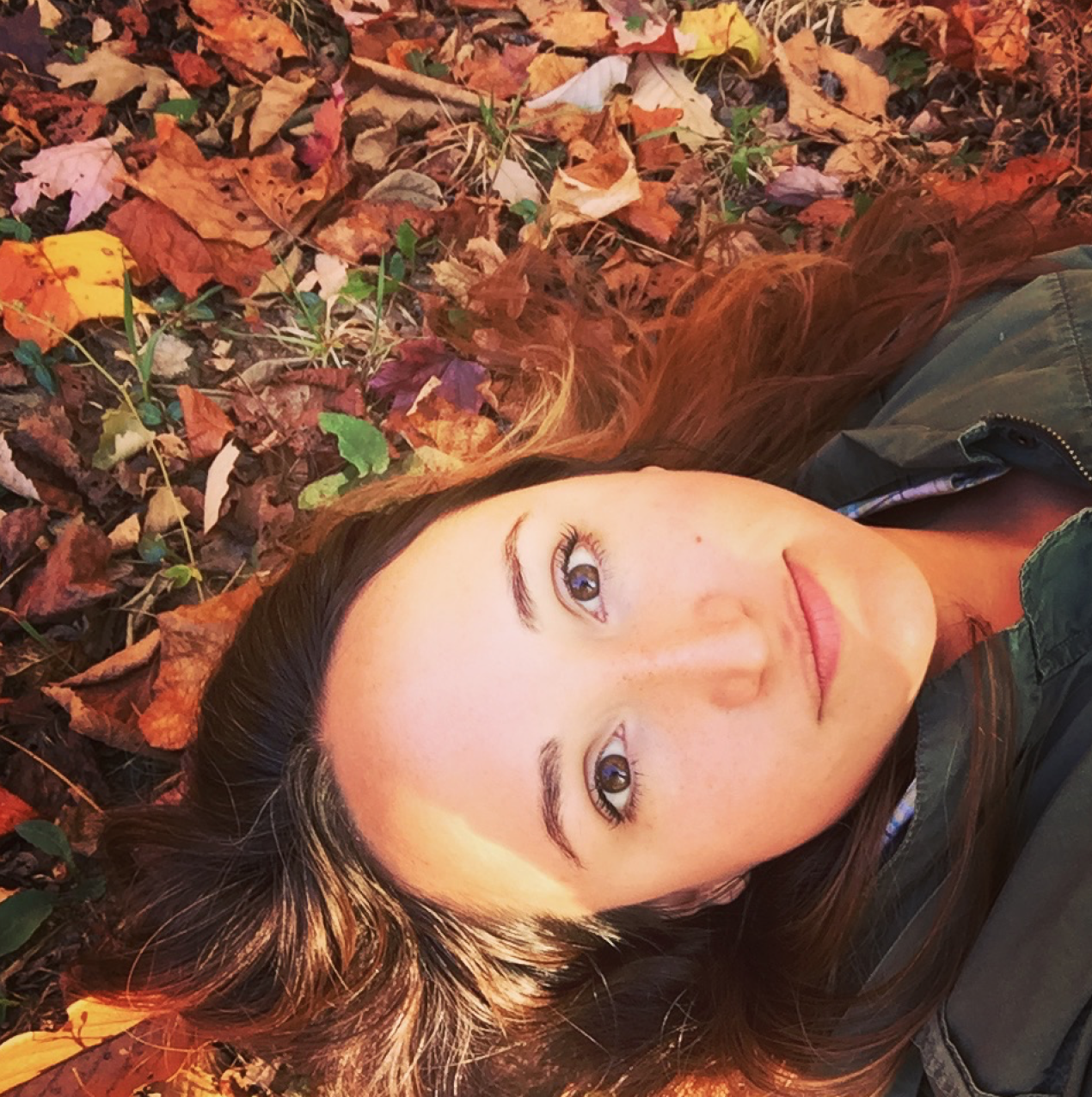
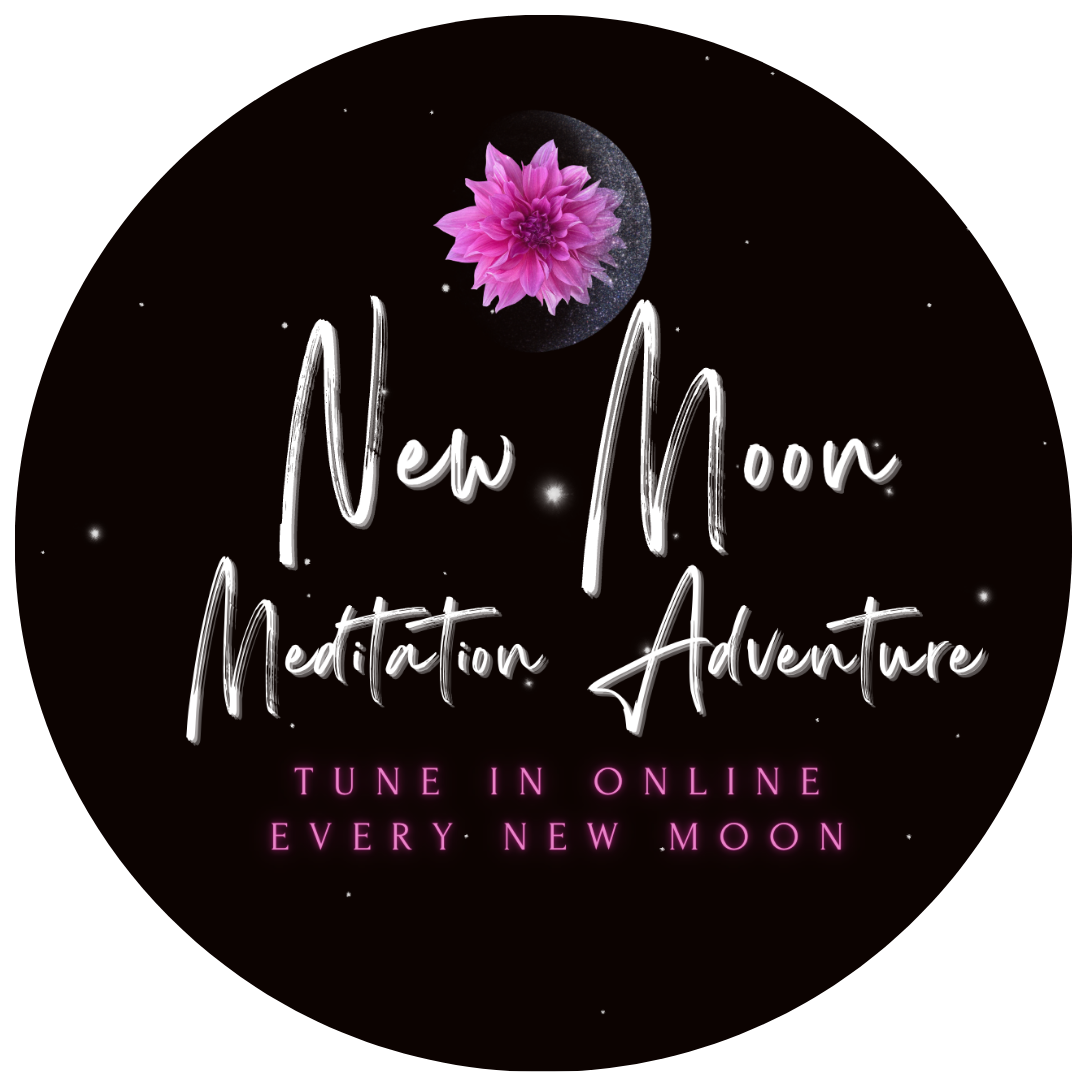
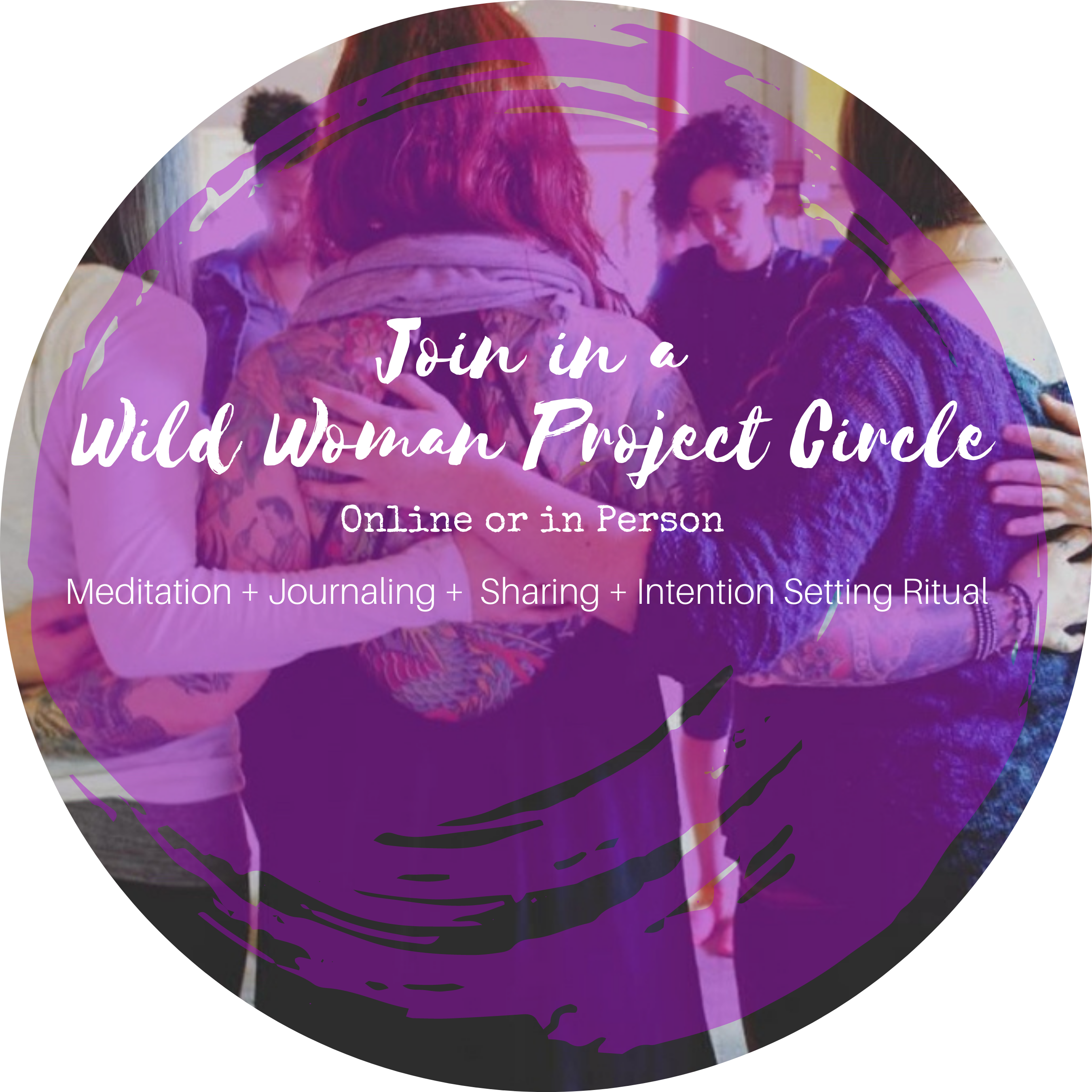
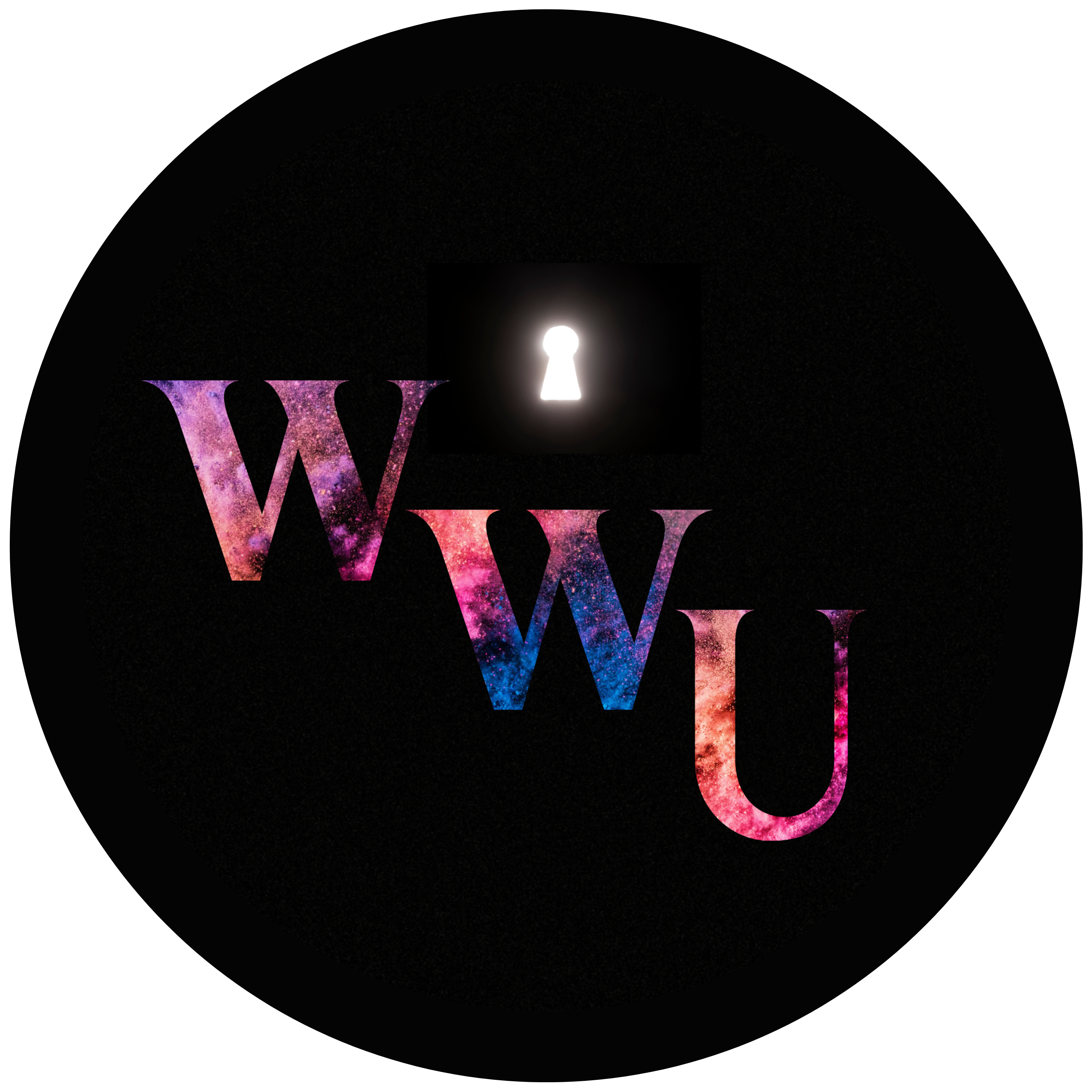
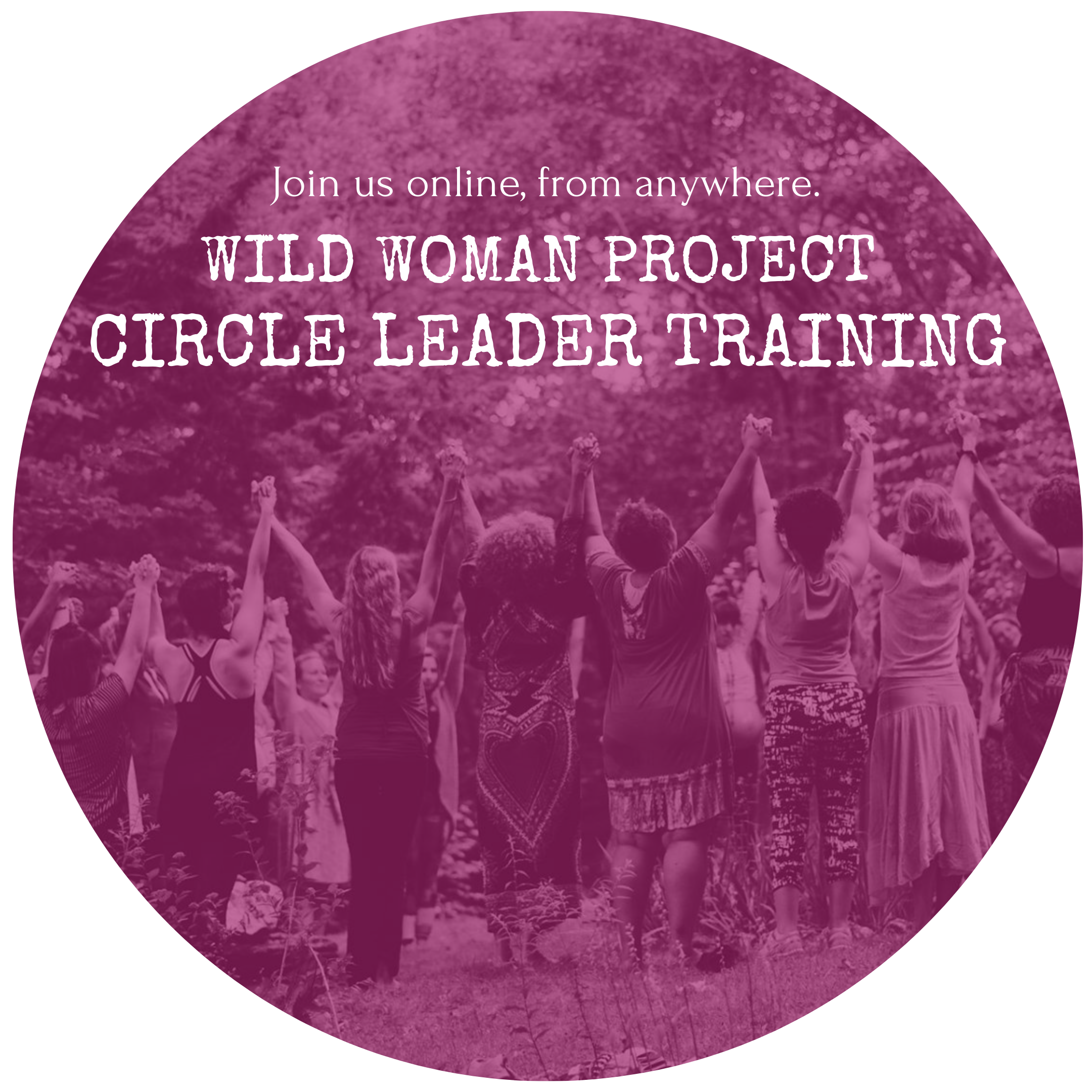
This poem comes at just the right time in my life. I have called out of work the last two days because after 30 years as an RN I just can’t face the current situation that Healthcare is in and the way it makes me feel. I feel stuck, and afraid as I try to let go of the old me and birth the new me. I am afraid to be hungry and to lose things I have worked 30 years to gain but at the same time I want a simpler life where I care for myself for once.
I wrote down the poem and I am going to use it in meditation. I fully believe that when I let go the Universe will catch me. I just need to find the courage. And I need to let my husband be the net for once. The fear passed down from generations of women who could not support themselves and married violent alcoholics was passed down to me in the form of fiercely holding on to my salary but I am not that woman and that is not my fear. And so like the poet I need to cast out the fear and stand in my power.
As a side note I wonder if you know of Joanne and Leah Shenandoah. They sing a beautiful healing song that gives me goosebumps everytime they sing it. They sang their song at the Vatican. They are both PhD s and a pride to indigenous people everywhere.
Thank you so much for your rich share, Wendy. I hear you and feel you. Hands at you back as you navigate forward with courage. May Harjo’s words be with you. ♥️
Thank you for sharing this poem. I read it after a therapy session where I’m coming to realise, feel, become my own woman. I have fear of this, that it will increase my loneliness. But, the line I hear in times of deep depression, uncontrollable emotions and practical despair at my life and responsibility of ‘I’m on my own’ is changing its tone and power. I think its losing its fear.
I will take away some of these lines for affirmation as I continue to navigate my healing. Thank you xXx
Beautiful, Laura. May Harjo’s words help you in your process of becoming your own woman ♥️ Much love to you. Xo
Hi
I found this poem so powerful and I could feel her emotion, as well as her strength. My relationship with fear is constantly changing. Fear is so deep.
I love the comment about looking at fear as your twin. Fear is not our original thought when we came into this world. I have only begun to realize this. By naming my fears, holding them in meditation, I can begin the process of understanding where they come from and eventually release.
My life has been a dance with fear, low self esteem, and a sense of happiness that was not true. When the bottom fell out of my marriage of 18 years, I truly began to re-connect with my inner light. It has been 15 years since my divorce and everyday is a new day to practice the discipline of trusting myself.
I am grateful for this poem and I am going to read more of her work.
Thank you
Thank you so much for sharing so generously, Nancy. I feel you ♥️
Enjoy her work – it is such a gift.
Dear Chris —
Thank you for sharing this powerful poem and your reflections. Thank you for inviting a conversation. Joy Harjo, together with Mary Oliver, are my favorite poets too. I have been inspired by the life story and resilience of Joy Harjo and her witchcraft of weaving life into words.
This poem comes at an important time in my life as I am grappling with deep, intergenerational transmission of fear and loss. I notice it in my mind. I notice it in my bones. Being originally from Russia, the war in Ukraine is devastating on many levels that is hard to put into words. I reflect on the deep learned fear that my ancestors develop as a way of survival. My grandmother lost her father to repressions, lived through World War II, and lived in Soviet Union, always remembering that anything can happen at any moments. Her mother lost her father and her husband to the political system that was too brutal to conquer…. The history continues.
Trauma, fear, and loss often have overwhelming and wordless quality. They grip us, they leave us speechless, echoing in our bones with frightening remembering. Joy Harjo helps name what feels so big and unnamable. “If we can name it we can tame it,” – they say. Her powerful poem-prayer holds the promise and the path of liberation. I will repeat it until I too am free.
With gratitude,
Irina
Oh, Irina ♥️
Thank you so much for sharing of yourself here.
I feel you & can only imagine what you are going through as this war and all it stirs rages on.
You will be in my prayers & hopefully Harjo’s words will continue to help you in the process.
Much love,
C